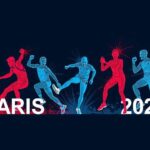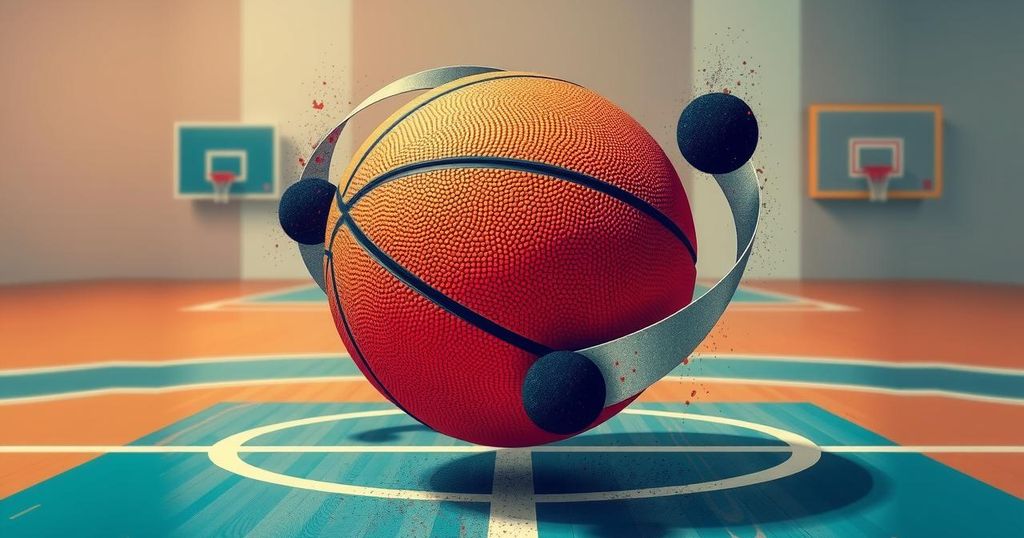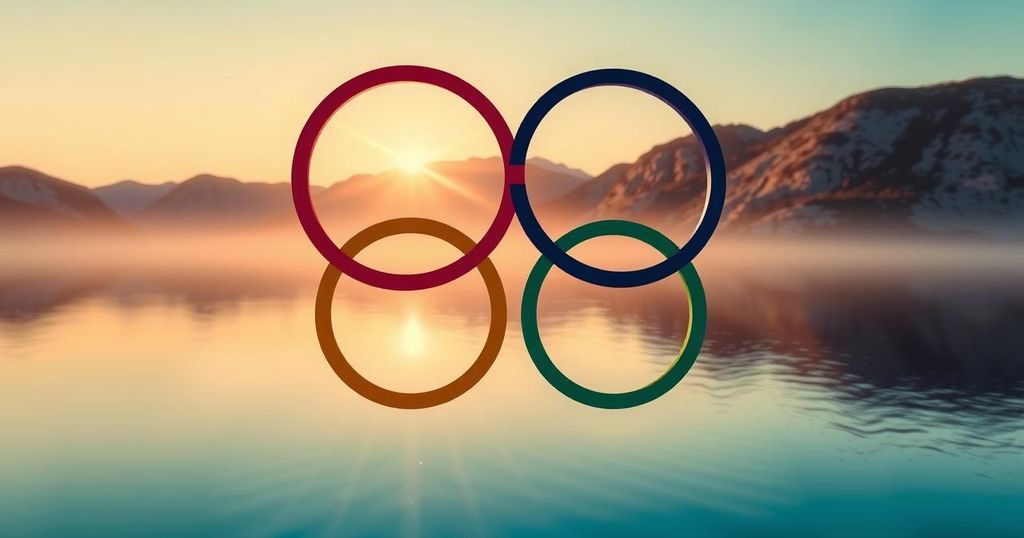2024 Paris Paralympic Games: A Showcase of Athletic Excellence and Inclusion
Summary
The 2024 Paris Summer Paralympic Games, held from August 28, featured approximately 4,400 athletes competing in 549 events. The games highlighted categories for different impairments to ensure fair competition. With the People’s Republic of China leading the medal tally, notable performances came from Brazil, Colombia, and Costa Rica. Despite concerns about media visibility and ableism, the IPC recorded significant broadcast numbers, indicating progress in public engagement and societal change. The success of these games emphasizes the role of sports in fostering inclusion and representation for all athletes.
The Paris Summer Paralympic Games of 2024 commenced on August 28, shortly after the conclusion of the Olympic Games, and showcased a remarkable assembly of approximately 4,400 athletes competing in 549 medal events across 22 sports. Participants are categorized based on ten distinct impairment classifications that encompass physical, visual, and intellectual disabilities. This classification system promotes fair competition, as endorsed by the International Paralympic Committee (IPC), which states, “Classification aims to minimize the impact of the impairment on athletes’ performance so that sporting excellence determines which athlete or team is ultimately victorious.” Like the Olympic Games, the Paralympics featured an innovative opening ceremony, diverging from traditional stadium settings. The ceremony paraded through the streets of Paris, with highlights including the Place de la Concorde and the Champs-Elysées, and incorporated 500 performers to ensure universal accessibility for all attendees. The People’s Republic of China triumphed in the medal tally, securing 220 medals, including 94 golds, across 19 sports. Following them, the United Kingdom and the United States achieved commendable medal counts of 124 and 105 respectively. The U.S. delegation competed in 20 sports, earning podium finishes in 16 categories. Surprising performances were evident from Latin American countries, with Brazil and Colombia achieving impressive medal counts of 89 and 28 respectively, surpassing their Olympic performances. Brazil improved its standing to fifth overall, while Colombia significantly advanced from 37th to 19th in the medal standings, showcasing particular strengths in track and field and swimming. Nicolas Villalba, an international student from Colombia, expressed pride in his nation’s achievements, stating, “It’s impressive that a country like Colombia has managed to achieve such success. Moreover, notable accolades arose from Costa Rican athlete Sherman Isidro Guity Guity who made history by securing two gold medals and setting new Paralympic records, enhancing national pride. Costa Rican junior athlete José Conejo conveyed encouragement from Guity’s success, highlighting the inspirational nature of overcoming personal challenges. Despite the positive reception of the Games, some participants noted a disparity in media attention between the Paralympics and the Olympics. Ian Contreras, an intercultural studies major, remarked on the difficulty of accessing information regarding event schedules, attributing the lesser visibility to societal ableism. However, Andrew Parsons, President of the IPC, highlighted the games’ advancements, stating that the increased broadcast numbers reflect the growing reach of the Paralympic Movement, stating, “When we have numbers of broadcasting as the ones we have here, it shows that we are expanding the reach of the Paralympic Movement, and this means impact.” This sentiment emphasizes that the Paralympics extend beyond athletics and engage in broader societal change. Looking toward future events, especially the 2028 Los Angeles Paralympics, the legacy of Paris 2024 serves as a reminder of how sports can unite and transform perceptions, fostering inclusivity for athletes of all abilities.
The Paralympic Games are a major international multi-sport event involving athletes with physical, visual, and intellectual impairments. The games are held every four years, following the Olympic Games, and are organized by the International Paralympic Committee (IPC). The classification of athletes into impairment categories is crucial for fairness in competition. The event is characterized by its commitment to promoting equality and inclusivity, echoing the underlying values of determination and inspiration among athletes. The recent 2024 Paris Paralympic Games aimed to highlight these ideals, alongside a commitment to breaking down barriers related to ableism in society. As public engagement increases and sporting events gain visibility, the growth of the Paralympic Movement represents hope for a more inclusive future.
The 2024 Paris Paralympic Games not only celebrated the extraordinary athletic prowess of competitors from across the globe but also underscored the ongoing challenge of achieving visibility and respect for athletes with disabilities. The successes of nations such as Colombia and Costa Rica exemplified the potential for sporting excellence to inspire and unite. While challenges in media representation remain, the increased viewership and commitment from the IPC signal a progressive stride towards dismantling barriers and fostering inclusivity. As preparations for future Paralympic events continue, the legacy of Paris 2024 serves as a testament to the power of sports in promoting social change and inspiring generations to embrace diversity and equality.
Original Source: advocate.jbu.edu







Post Comment